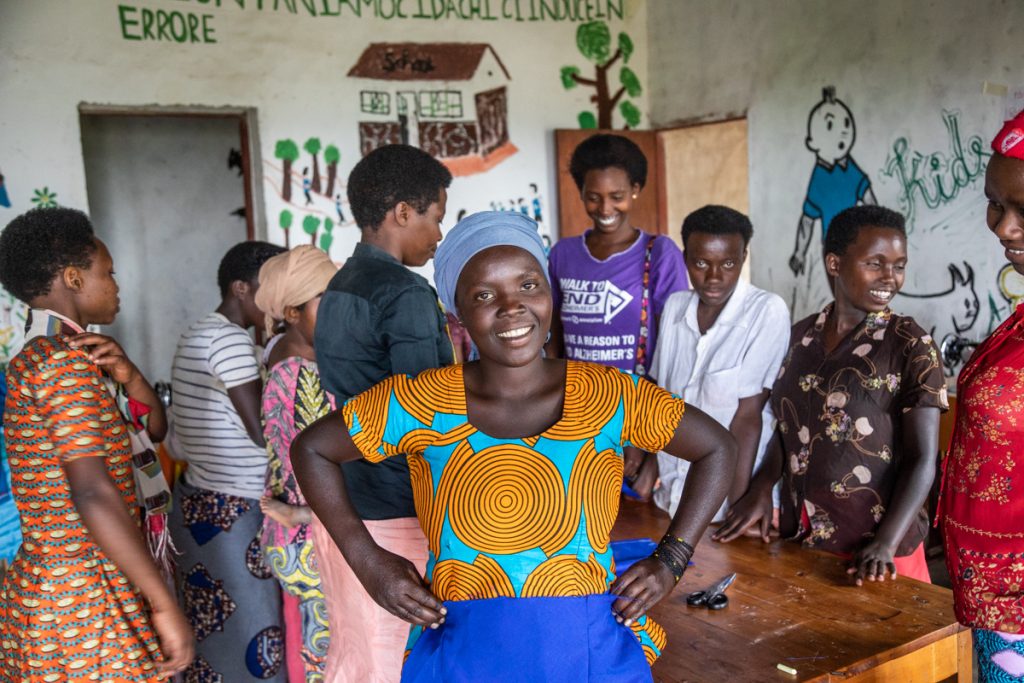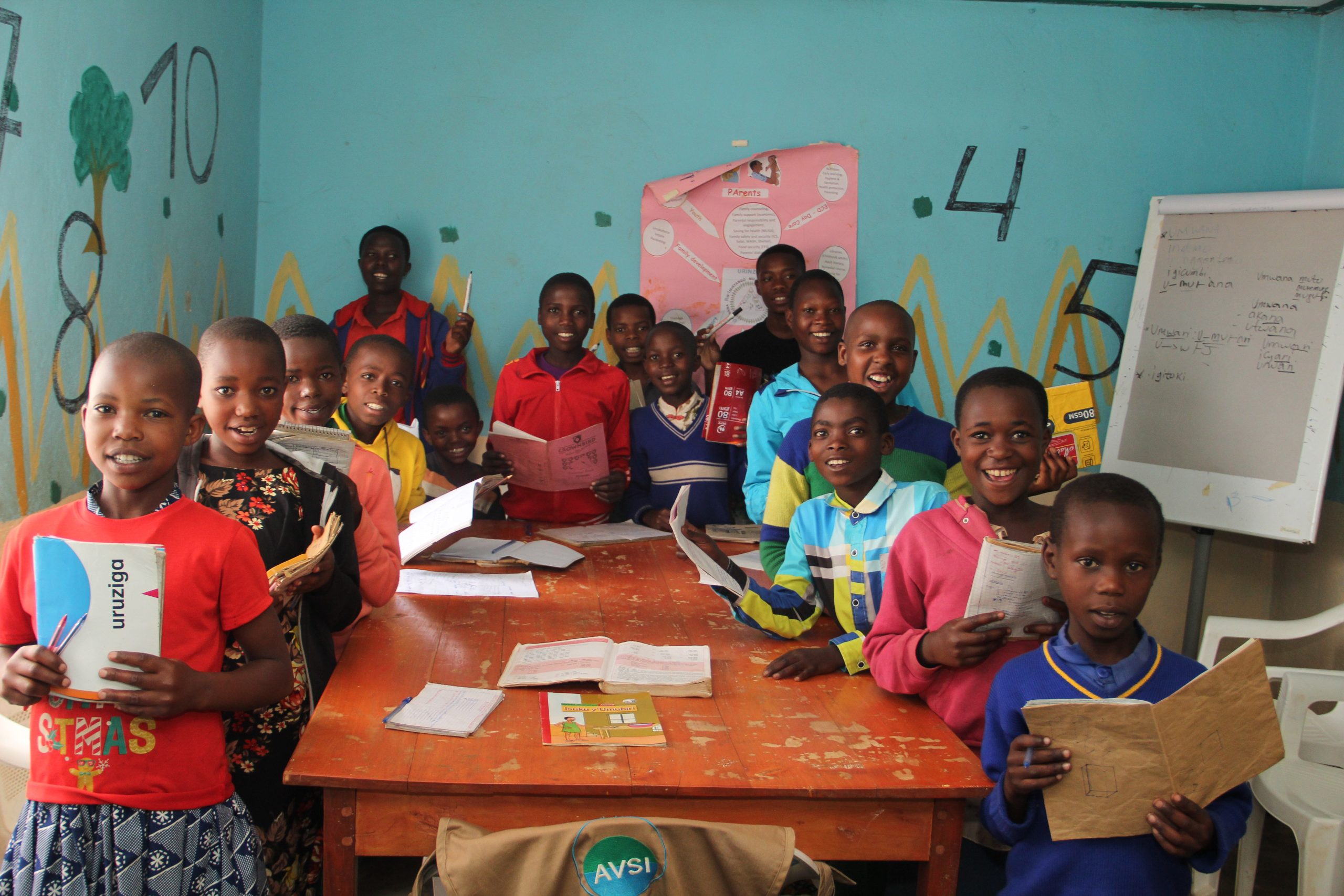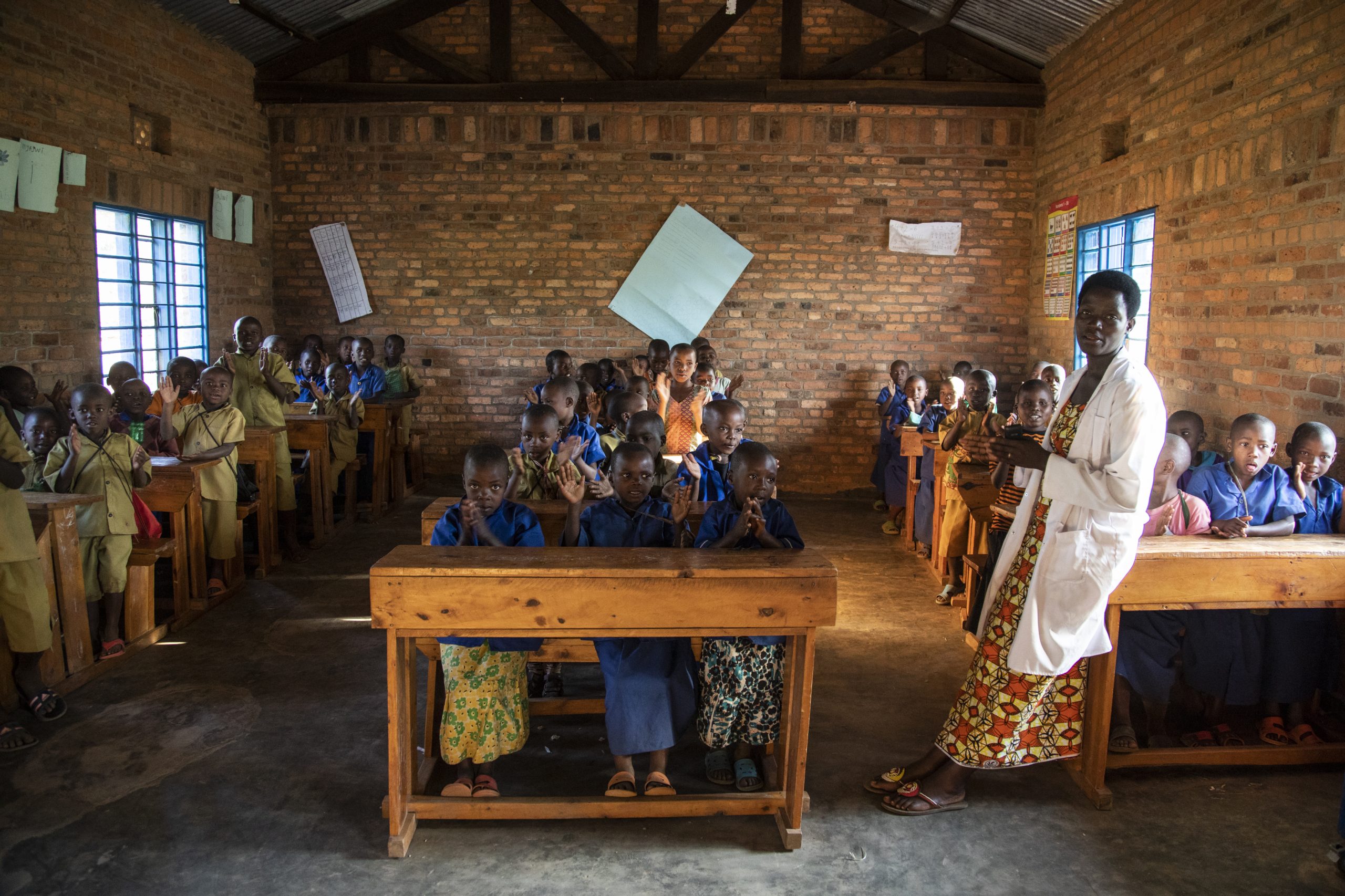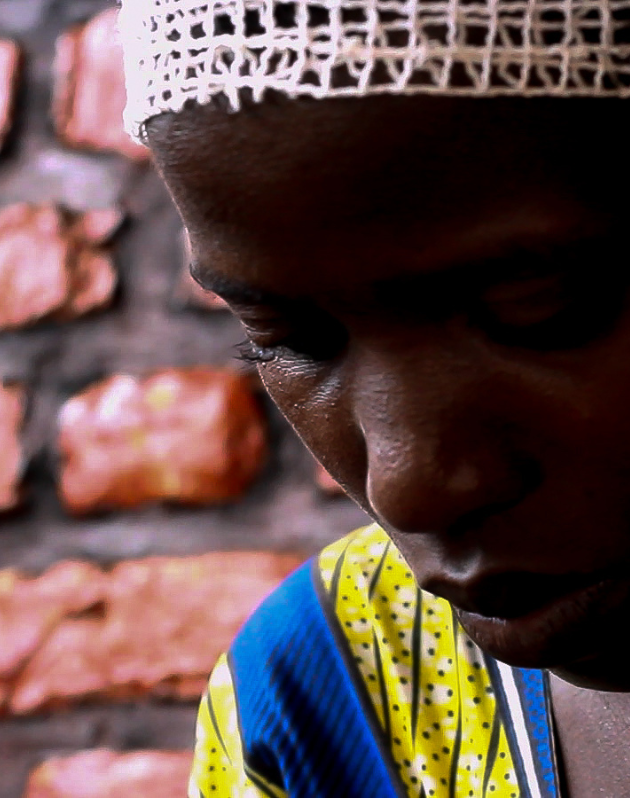AVSI in Rwanda
- Kigali HQ Office
- Muhura Office Eastern Province, Muhura, Gatsibo
Po.Box 3185 Kigali
Tel: +(250) 788 557 803 - Gasange Office Eastern Province,Gasange, Gatsibo
Po.Box 3185 ,Kigali
Tel: +(250)788 815 669 - Gicumbi Office Northern Province, Rukomo, Gicumbi
Po.Box 3185 Kigali
Tel: +(250) 788 734 336 - Gicumbi - Nyamiyaga Office Northern Province, Nyamiyaga, Gicumbi
Po.Box: 3185 Kigali
Tel: +(250) 788 739 922 - Kamonyi Office Southern Province,Musambira, Kamonyi
Po.Box 3185 Kigali
Tel: +(250) 788 602 966 - Ruhango Office Southern Province, Ruhango
Po.Box 3185 Kigali
Tel: +(250) 783 220 233 - Nyanza Office Southern Province, Kigoma, Nyanza
Po.Box 3185 Kigali
Tel: +(250) 788 758 912

AVSI started working in Rwanda in 1994, just after the Genocide against the Tutsis, initially engaged in humanitarian emergency interventions. Today, AVSI Rwanda is a registered local organization operating in 13 rwandan districts in different areas of intervention. We accompany more than 240,000 people with project of Education, Child protection and Youth Rights, Gender equality and Women’s Empowerment, Mental health, Economic Empowerment, Climate Change and Agriculture.
1994 Genocide against the Tutsis in Rwanda
The 1994 Genocide against the Tutsis, a tragic chapter in Rwandan and human history, had profound and lasting effects on the nation's social and economic fabric. The systematic massacre of more than one million Tutsis in a span of only 100 days left Rwanda in a state of devastation. Communities were destroyed, families torn apart and social trust eroded. The genocide also disrupted economic stability, destroyed the infrastructures, damaged the agricultural production. However, through determined efforts, Rwanda has achieved significant strides in the process of rebuilding its society and economy, experiencing notable growth along. Rwanda today aspires to become a middle-income economy by 2035 – as the World Bank stated.
AVSI began its work alongside the Rwandan population in 1994, when it was one of the first international organizations to cross the border into Uganda to support the victims of the genocide by providing them with humanitarian aid and basic needs.
Rwanda today: the heavy genocide heritage and the timeless challenges
Rwanda, a densely populated country of 13.2 million people has made substantial progress in areas like poverty reduction, gender equality, education, and public health over the past three decades, aligned with Sustainable Development Goals. Nevertheless, significant challenges persist.
Roughly 38% of the population still live below the poverty line, with nearly one-fifth facing food insecurity, especially in rural areas where three quarters of the population live. Poverty affects children from low-income households most significantly, with concerning issues like high rates of child stunting, access to quality education and health.
Nurturing mental well-being in Rwanda: overcoming stigma and trauma
Rwandans, including survivors, witnesses, and even subsequent generations, still face deep-rooted mental health issues, stemming from the 1994 Genocide against the Tutsis, including depressive disorders, post-traumatic stress disorder, and substance misuse. Stigma surrounding mental health perpetuates these problems and undermine families’ well-being by contributing to misunderstanding, conflicts and incidents of violent behaviour.
The vulnerability of Rwandan women and girls
Women and girls are more exposed to mental health disorders which amplify their vulnerability and lead to gender-based violence, unwanted and early pregnancy, risk of sexually transmitted diseases, etc. These phenomena strongly undermine their social and economic development. women's school dropout and unemployment rates are higher than men's
Climate-induced challenges compounding food insecurity in Rwanda
Beyond these challenges, climate-related issues like irregular rainfall, droughts, floods, along with limited arable land, pests, and diseases exacerbate food insecurity in Rwanda. Specifically, almost one fifth of the population suffers from food insecurity, and 32.4% of children under 5 years suffer from chronic malnutrition (source World Food Program). Given that agriculture is a cornerstone of the economy involving 69% of households, climate-related issues pose a significant threat to family livelihoods and overall economic stability.
Rebuilding lives: development projects alongside vulnerable communities
To support Rwandan communities in strengthening their resilience, AVSI Rwanda operates in 13 districts by focusing on six aspects, including Education, Child protection and youth rights, Gender equality and women’s empowerment, Mental health, Economic Empowerment, Climate Change and Agriculture.
Core cross-cutting approach in all AVSI Rwanda interventions is the PACOME Model, (French acronym for PArents, COMmunautés, Écoles), a partnership between parents, schools, and communities. Indeed, AVSI Rwanda collaborates with community actors, including health centres, financial institutions, religious organisations, civil society organisations and local authorities.
The commitment of more than 80 community volunteers allows staff and partners in the field to enter people's homes, work closely with beneficiaries, then follow individual paths and learn about critical issues in the areas of intervention.
Side by side with people suffering from mental health disorders
Through the CARE Project (Comprehensive solutions for increased Access to mental health care and Rooted in communities and Enhancing public services), AVSI Rwanda aims to boost the resilience of people affected by Mental Health, Neurological and Substance Abuse (MNS) disorders and their families. Through a community-based approach, AVSI Rwanda is committed to combat the cultural stigma that prevents those with MNS disorders from being an integral part of society, while also increasing knowledge and acceptance of the disease through promotional events and information dissemination. The organization collaborates with national and governmental institutions, hospitals, health centres and community mental health volunteers to enable access to treatment and healthcare and foster recovery and socio-economic rehabilitation.
From 2021 to 2023 more than 10,350 people affected by MNS disorders have benefitted from AVSI Rwanda’s CARE Project.
Empowering teenage mothers in Rwanda
In Rwanda, studies show a rapid increase in the rate of teenage pregnancy over the past two decades, despite policy achievements to empower women and efforts to reduce women and child sexual abuse. Towards this, AVSI Rwanda works for reducing vulnerability of teenage mothers and their children by building their life skills, raising-awareness on violence and abuse against girls, foster socio-economic reintegration, to eventually enable them to take concrete steps toward achieving their goals.
From 2019 until today, 400 teenage mothers and their children have been supported by AVSI Rwanda through counselling, psychological and psychosocial aid, literacy and vocational training, access to legal services, and the creation of early childhood development centres.

AVSI Rwanda's embrace of environmental conservation
Over the past few years, AVSI Rwanda has taken significant strides towards incorporating environmental preservation as a fundamental aspect of its initiatives. This strategic integration underscores AVSI Rwanda's dedication to not only addressing immediate needs but also fostering long-term sustainability. Among the diverse range of activities initiated, AVSI Rwanda has prioritized the distribution and installation of improved cook stoves (ICS) to reduce deforestation and indoor air pollution. Additionally, AVSI has embarked on agroforestry programs to combat soil erosion and promote biodiversity. Furthermore, AVSI Rwanda actively promotes the productive utilization of renewable energy sources, thereby contributing to both environmental conservation and improved livelihoods within the communities they serve.
AVSI’s Distance Support Program in Rwanda
The Distance Support Program (DSP) was introduced in Rwanda in 1994 in response to the Genocide against Tutsis to contribute to family reunification and, as far as possible, overcome the trauma of the tragedy.
Today, 1,354 children and their families are supported by the program in seven Rwandan districts. The Distance Support Program aims at ensuring access to quality education to children supported and adult literacy class, awareness-raising activities on nutrition, health and sanitation to children’ parents or caregivers.










